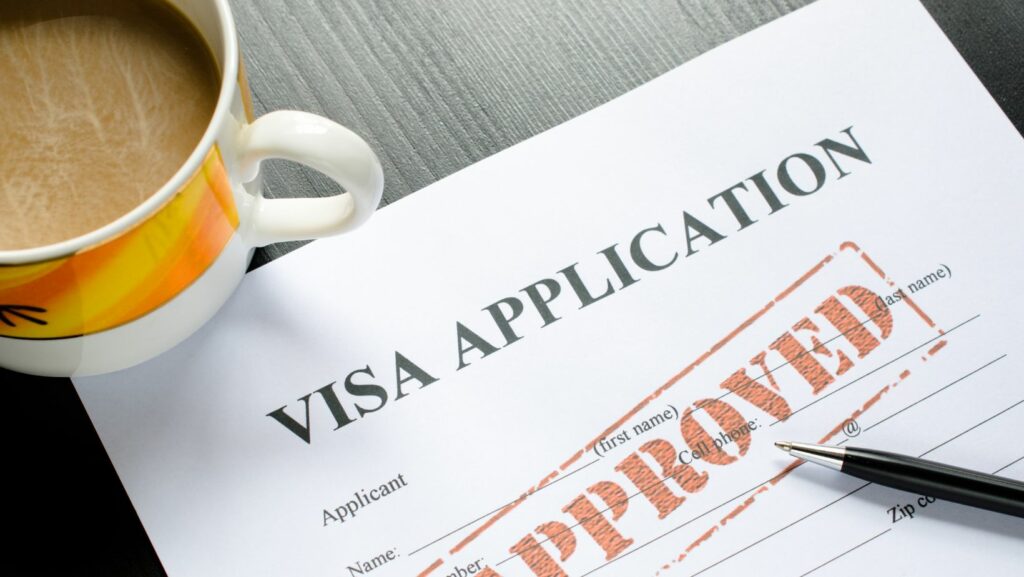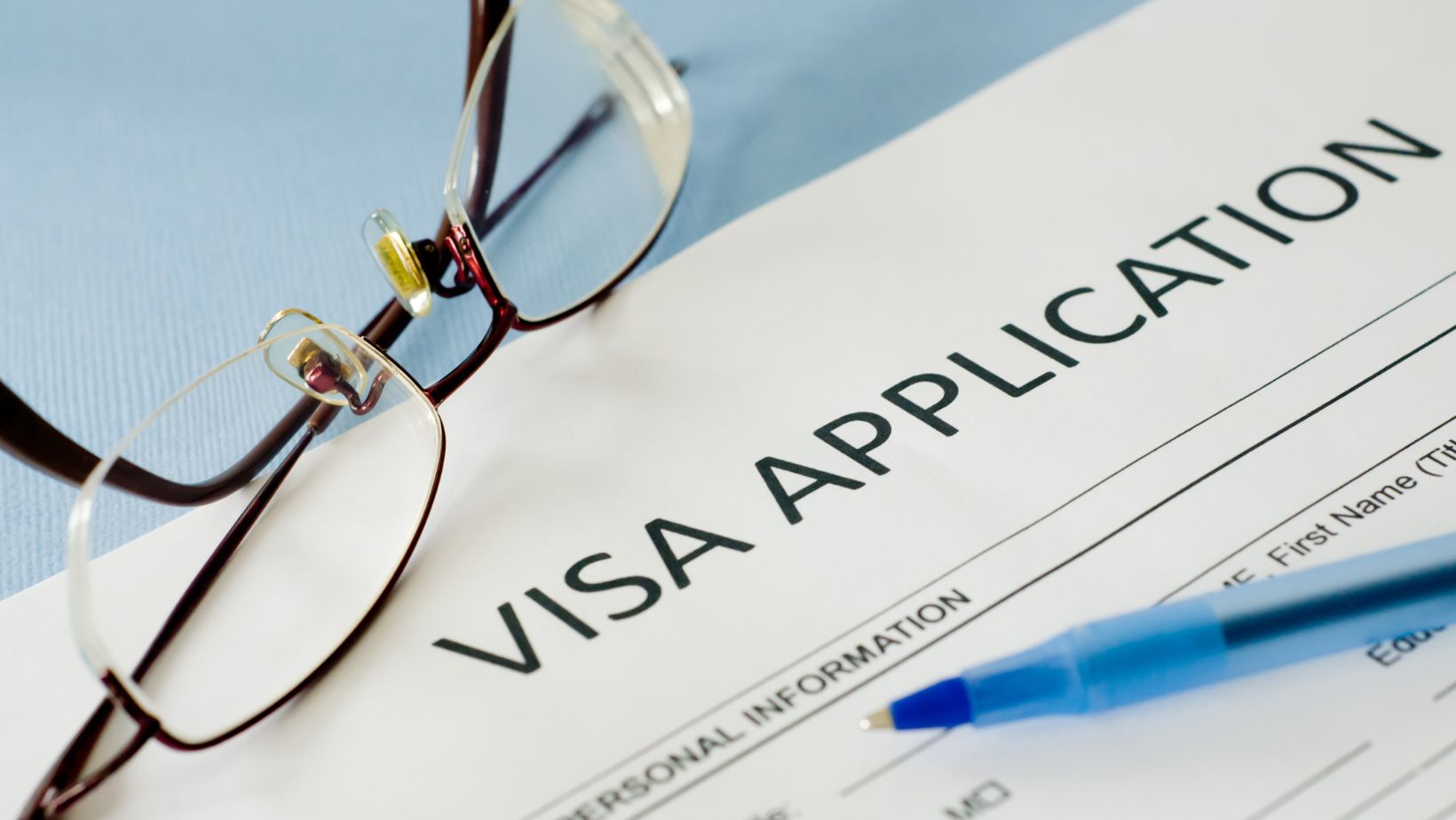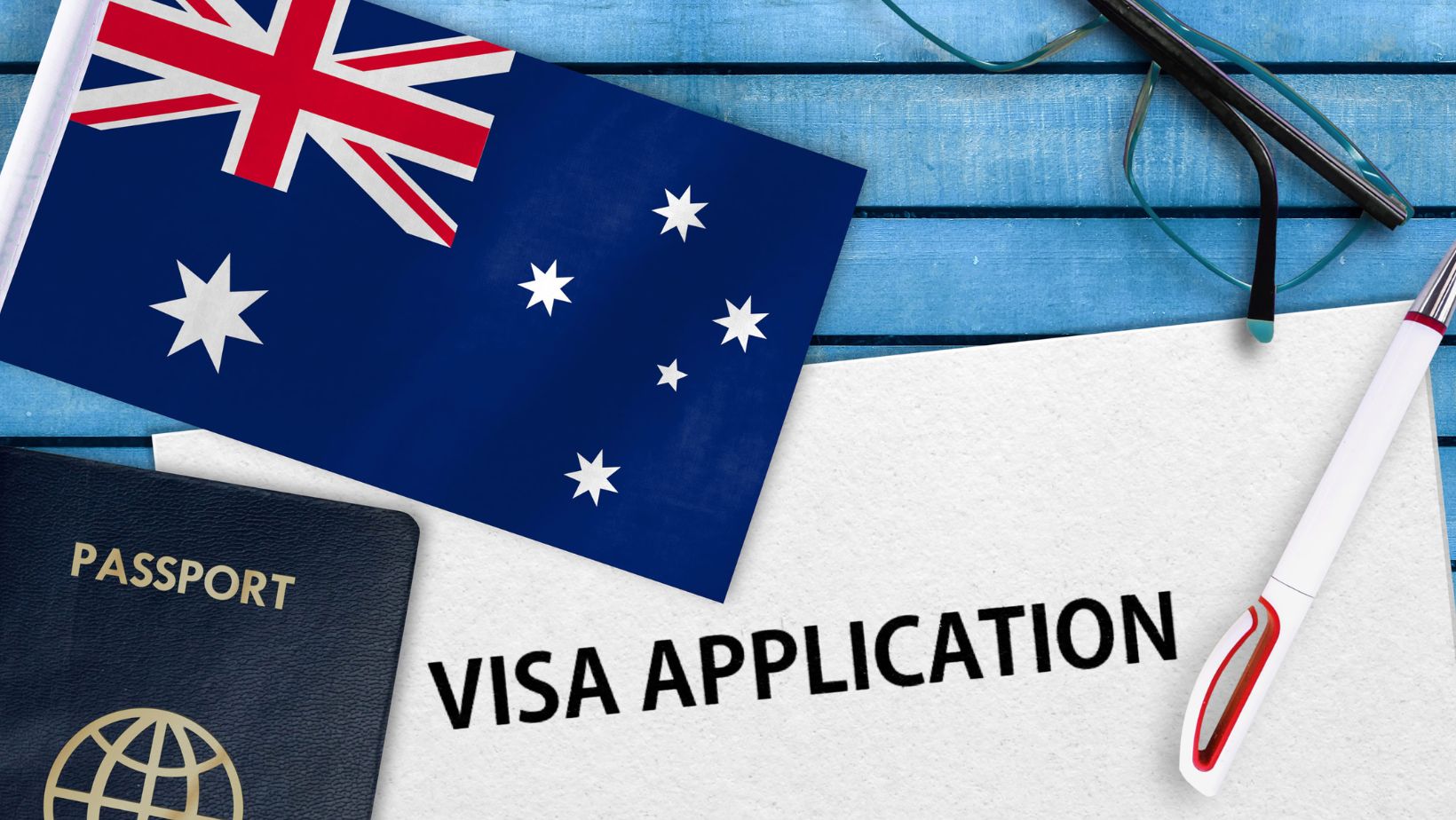
Navigating the complexities of the J-1 waiver process can be daunting, requiring expert guidance to ensure success. A seasoned J-1 waiver lawyer is essential in helping you understand your options and maximize your chances of obtaining the waiver. Whether you’re seeking to remain in the U.S. for professional or personal reasons, the right legal support can make a significant difference.
We aim to provide clear, actionable advice for individuals facing the J-1 waiver process. We understand the intricacies of the legal requirements and are committed to helping you achieve your objectives efficiently and effectively. With the assistance of a qualified lawyer, you can navigate the legal landscape with confidence and ease.
Choosing the right advocate for your J-1 waiver needs involves more than just legal acumen; it requires an understanding of your unique situation and goals. We aim to be that advocate, providing personalized support tailored to your specific circumstances. Learn more about j1 waiver lawyer.
Understanding J-1 Waiver and its Importance
Navigating the landscape of J-1 Visa regulations can be complex, particularly when it involves pursuing a J-1 Waiver. Key aspects include the eligibility criteria, the home residency requirement, exceptions for hardship or persecution, and the role of a No Objection Statement.
Eligibility Criteria for J-1 Waiver
Eligibility for a J-1 Waiver typically hinges on several critical factors. Individuals must first have been admitted to the United States under a J-1 Visa and be subject to the 2-year home residency requirement outlined in section 212(e).
Common criteria include:
- Exceptional Hardship to a U.S. Citizen or Permanent Resident Spouse or Child: If fulfilling the requirement imposes significant difficulties.
- Fear of Persecution: If returning to the home country poses risks due to political, religious, or other types of discrimination.
Industry-specific eligibility may apply to certain professionals, such as physicians.
Overview of the J-1 Visa Home Residency Requirement
The J-1 Visa home residency requirement mandates that J-1 visa holders return to their home country for two years after their program ends. This provision, part of section 212(e), aims to ensure that J-1 Visa holders contribute skills and knowledge gained in the U.S. to their home country.
Exemptions include:
- Marriage to a U.S. Citizen
- Exceptional hardship to family members in the U.S.
- Fear of persecution upon return to the home country
J-1 Visa holders can seek a waiver if they meet specific criteria like those above.
Hardship and Persecution Waivers
A Hardship Waiver or a Persecution Waiver is available under compelling circumstances. The hardship waiver requires demonstrating that compliance with the residency requirement would result in “exceptional hardship” to a U.S. citizen or permanent resident spouse or child.
Conditions include:
- Medical issues
- Economic hardship
- Educational disruptions
A persecution waiver is granted if the applicant faces threats or persecution based on race, religion, or political beliefs upon returning to their home country.
No Objection Statement and its Role
A No Objection Statement (NOS) from the home country’s government can support the waiver application. This document indicates that the home country does not oppose the waiver and the visa holder’s wish to remain in the U.S.
Steps involved:
- The home country submits the NOS to the U.S. Department of State.
- The NOS typically assists physicians, scholars, and students seeking relief from the 2-year home residency requirement.
Key benefits include:
- Supports waiver application
- Facilitates the transition to permanent resident status
Understanding these elements is crucial in navigating the J-1 waiver process effectively.
Navigating the J-1 Waiver Process
Navigating the J-1 waiver process involves understanding various legal aspects, government programs, and exceptions that allow a J-1 visa holder to stay in the United States. With the help of immigration lawyers, the process can be more straightforward and less stressful.
Role of Immigration Law and Lawyers
Immigration law plays a pivotal role in the J-1 waiver process. It governs the criteria for eligibility and the requirements for obtaining a waiver.

Our lawyers provide essential support by guiding clients through the complexities, ensuring all documentation is correctly filed, and deadlines are met. Their expertise can significantly improve the chances of a successful waiver application. They assist with the nuances of the Immigration and Nationality Act (INA) §212(e), which mandates that J-1 visa holders fulfill a two-year foreign residence requirement unless they obtain a waiver.
Interested Government Agency (IGA) and Conrad 30 Program
An Interested Government Agency (IGA) can support a J-1 waiver application if the exchange visitor’s skills are deemed necessary in the U.S.
The Conrad 30 Program allows each state to recommend up to 30 foreign physicians for waivers annually. The designated State Department of Health supports applications for doctors who agree to work in medically underserved areas, addressing critical shortages in healthcare.
Steps:
- Secure a job offer in an underserved area.
- Obtain a letter of support from the state health department.
- File the J-1 waiver application, endorsed by the IGA.
Fulfilling the Foreign Residence Requirement and Exceptions
The INA §212(e) requires J-1 visa holders to return to their home country for at least two years before applying for a U.S. visa, green card, or change of status.
There are exceptions, including:
- No Objection Statement: A letter from the home country stating no objection to the individual not fulfilling the residence requirement.
- Exceptional Hardship Waiver: Proving that complying with the home country requirement would cause exceptional hardship to a U.S. citizen or permanent resident spouse or child.
- Persecution Waiver: If the individual would face persecution in their home country based on race, religion, or political opinion.
Adjustment of Status and Permanent Residency
Adjusting status from a J-1 visa holder to a lawful permanent resident involves meeting specific criteria after obtaining a waiver.
Key Steps:
- Receive the waiver approval.
- File Form I-485 with the United States Citizenship and Immigration Services (USCIS) to adjust status.

- Provide evidence of eligibility, such as a job offer or family sponsorship.
- Attend the biometric appointment and interview as required.
The adjustment of status is a crucial step towards gaining permanent residency or a green card.
Consultation and Employment in Underserved Areas
Working in an underserved area can significantly impact the approval of a J-1 waiver, particularly under the Conrad 30 program.
Our firm can assist in:
- Identifying qualified employers.
- Securing a job offer that meets waiver requirements.
- Ensuring compliance with the terms of employment stipulated by the IGA or state health department.
Physicians often participate in this program to provide valuable medical services while fulfilling the conditions of their J-1 waiver. This pathway not only supports the community but also serves as a bridge to obtaining U.S. immigration benefits and long-term residency.



